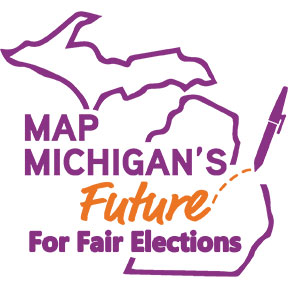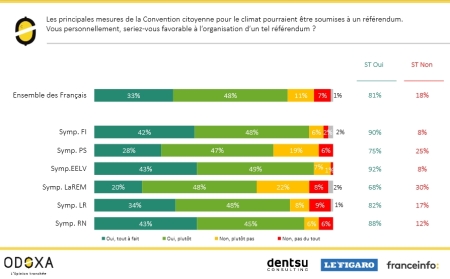It’s been famously said that the general will cannot be represented—only a factionalizing “will of all.” And it’s been found, after man tore free, that Rousseau’s warning was correct.
Rousseau’s fears about representative institutions are everywhere confirmed within the politics of power: Leaders, players or actors become isolated from an audience. —Robert J. Pranger, The Eclipse of Citizenship, 1968, p. 27.
However, the general will can be incarnated in the State—“virtually” incarnated—by inserting a small, or “demitasse,” sample from the whole population. “Demiocracy” is the name I’ve adopted for this Demi-incarnated democracy.
It is rational to use a sample when using the whole would be impossible, awkward, or undesirable. We use a sample as juries for those reasons. Likewise, we use samples in focus groups, in surveys of TV viewership, and in opinion polling.
Demiocracy’s behavior will be revolutionary, though probably not (fortunately) as revolutionary as Rousseau hoped.
To make a revolution is a measure which, prima fronte, requires an apology. —Edmund Burke.
Fundamental progress has to do with the reinterpretation of basic ideas. —Alfred North Whitehead.
The state begins by being absolutely a work of the imagination. Imagination is the liberating power possessed by man. —Ortega y Gasset.
All great truths begin as blasphemies. —George Bernard Shaw.
A man with a new idea is a Crank, until the idea succeeds. —Mark Twain.
A really new idea affronts current agreement. —White’s Observation.
Filed under: Ballot measures, Elections, Proposals, Sortition, Theory | 8 Comments »




 Random selection is not generally an approach that most people opt for in the selection of doctors or even restaurants or a movie. However, it appears to be the new model for some in higher education. Former Barnard College mathematics professor Cathy O’Neil has written
Random selection is not generally an approach that most people opt for in the selection of doctors or even restaurants or a movie. However, it appears to be the new model for some in higher education. Former Barnard College mathematics professor Cathy O’Neil has written 


